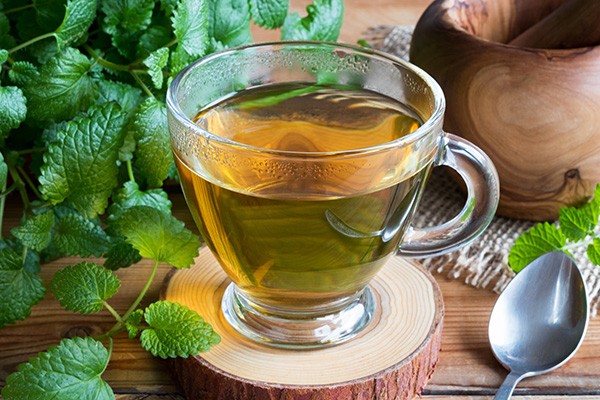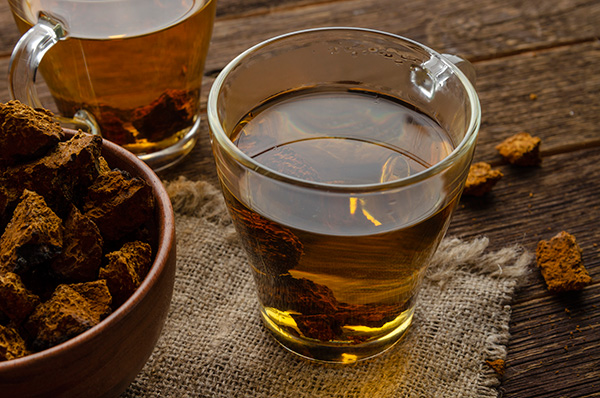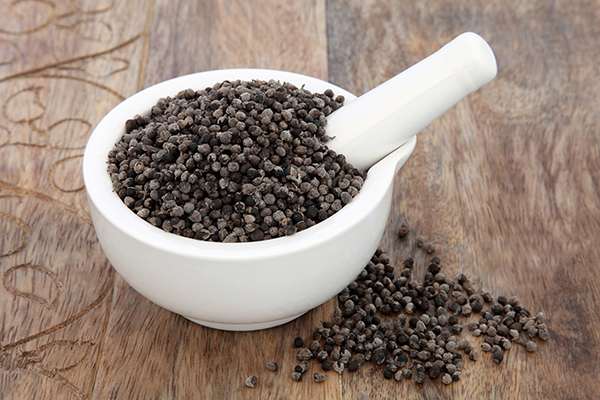Lemon Balm Tea: Benefits, Side Effects, and How to Make It
Lemon balm tea is a herbal infusion made from the lemon-scented leaves of the lemon balm plant (Melissa officinalis). Native to Europe and the Mediterranean, lemon balm has been used in traditional medicine for centuries and is celebrated for its calming and therapeutic properties.

Potential Health Benefits of Lemon Balm Tea
Lemon balm tea isn’t just a delicious beverage. It also offers several potential health benefits.
May Improve Sleep Quality
Lemon balm has been studied for its potential to promote restful sleep. Its calming properties may reduce insomnia and lead to better overall sleep quality.
Could Ease Anxiety and Stress
The soothing nature of lemon balm tea can potentially ease feelings of anxiety and stress. Its calming effect on the nervous system may reduce tension and promote relaxation.
Possible Aid in Digestive Health
Lemon balm tea is often used to improve digestive health. It may soothe symptoms of indigestion, bloating, and nausea.
May Support Cognitive Function
Some research suggests that lemon balm could enhance cognitive function. Its antioxidant properties may protect brain cells and boost memory and attention.
Lemon Balm Tea Side Effects
While generally safe for most people, lemon balm tea can have some potential side effects.
Possible Allergic Reactions
Some individuals may experience allergic reactions to lemon balm. Symptoms could include itching, rash, trouble breathing, or swelling of the face, lips, or tongue.
Potential Interaction with Sedatives
Lemon balm can have a sedative effect, so combining it with other sedative medications could enhance their effects and cause excessive drowsiness.
Who Should Not Drink Lemon Balm Tea?
While lemon balm tea is generally safe for most people, pregnant or breastfeeding women should consult their healthcare provider before consuming it. Likewise, those scheduled for surgery or taking sedatives or thyroid medications should use caution, as lemon balm may interact with these medications.
How to Make Lemon Balm Tea
Ready to make your own soothing cup of lemon balm tea? Here’s how:
- Boil one cup of water in a kettle or on the stove.
- Place one tea bag or one teaspoon of dried lemon balm leaves in a cup.
- Pour the boiling water over the tea.
- Steep for about 5-10 minutes, or as suggested by the product manufacturer.
- Remove the tea bag or strain the tea.
- Enjoy as is, or add honey or lemon for flavor.
Lemon Balm Tea Blends and Branded Products
Lemon Balm is frequently paired with other beneficial herbs in tea blends to augment its health properties, with popular combinations including chamomile, lavender, and peppermint.
Seven blossoms tea is one of the many popular blends, featuring a soothing mix of linden flower, valerian root, passion flower, manita flower, tilia flower, spearmint leaf, peppermint leaf, and lemon balm leaf, with a hint of orange oil. This blend, lauded for its calming effects, is often used to foster sleep, relaxation, and stress relief, making it a go-to for those seeking tranquility.
Final Thoughts
Lemon balm tea is more than a refreshing, lemony delight. With potential benefits ranging from improved sleep to better digestive health, it’s a versatile addition to your tea collection. But remember to always check the manufacturer’s instructions and consult a healthcare provider if needed.
FAQ
What Does Lemon Balm Tea Taste Like?
Lemon balm tea has a mild, refreshing lemon flavor with a slight hint of mint.
When Should I Drink Lemon Balm Tea?
Lemon balm tea can be enjoyed at any time of the day, but because of its calming properties, it is often consumed in the evening to promote relaxation and sleep.
How Often Can You Drink Lemon Balm Tea?
Generally, you can enjoy a cup of lemon balm tea 1-3 times a day. However, always follow the manufacturer’s guidelines or consult a healthcare provider if in doubt.
How Long Can You Drink Lemon Balm Tea Safely?
Lemon balm tea can be consumed safely for a long time by most people. However, it’s always best to follow the manufacturer’s guidelines or to check with a healthcare provider for individual recommendations.
Can I Dry Lemon Balm for Tea Myself?
Yes, you can dry lemon balm for tea yourself. Simply harvest the lemon balm, bundle it, and hang it in a dry, well-ventilated area away from direct sunlight. Once it’s completely dry, crumble the leaves into a jar for storage and use it as needed for your tea.






